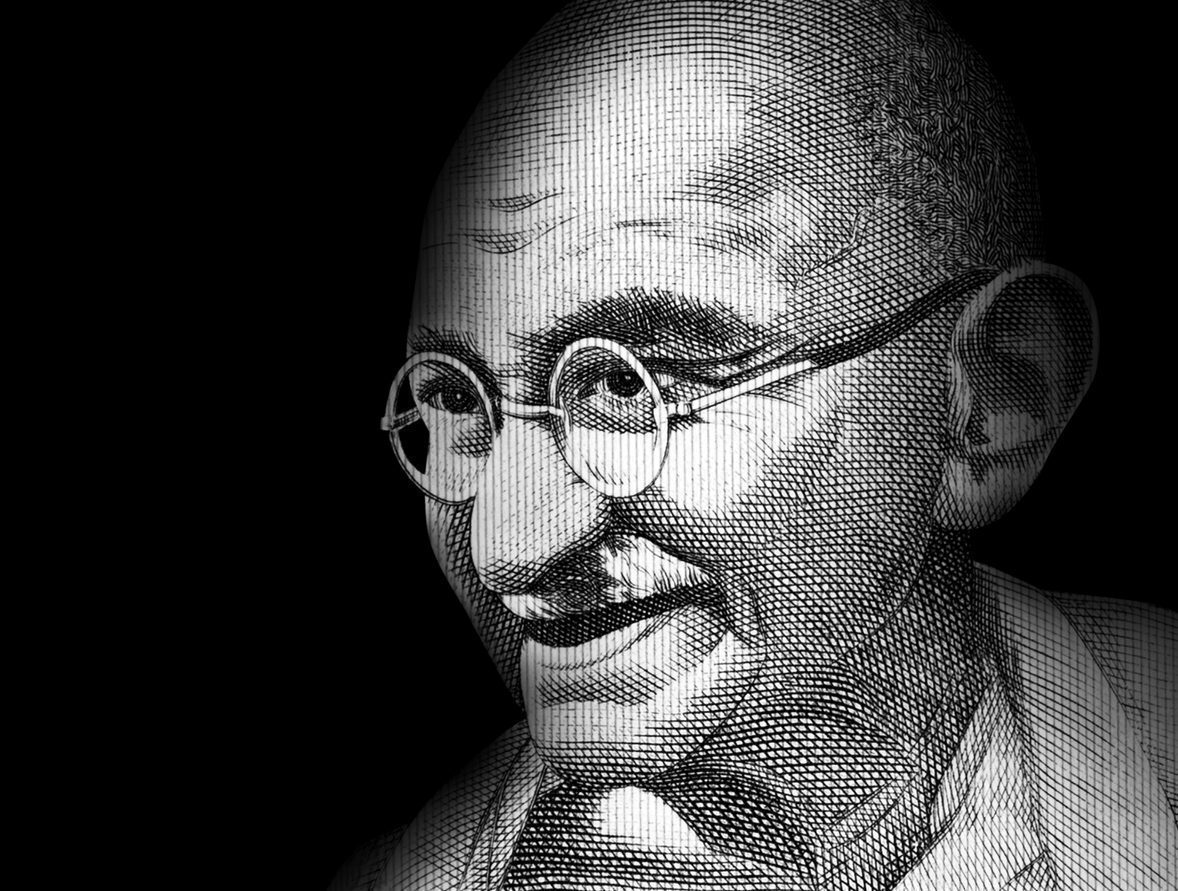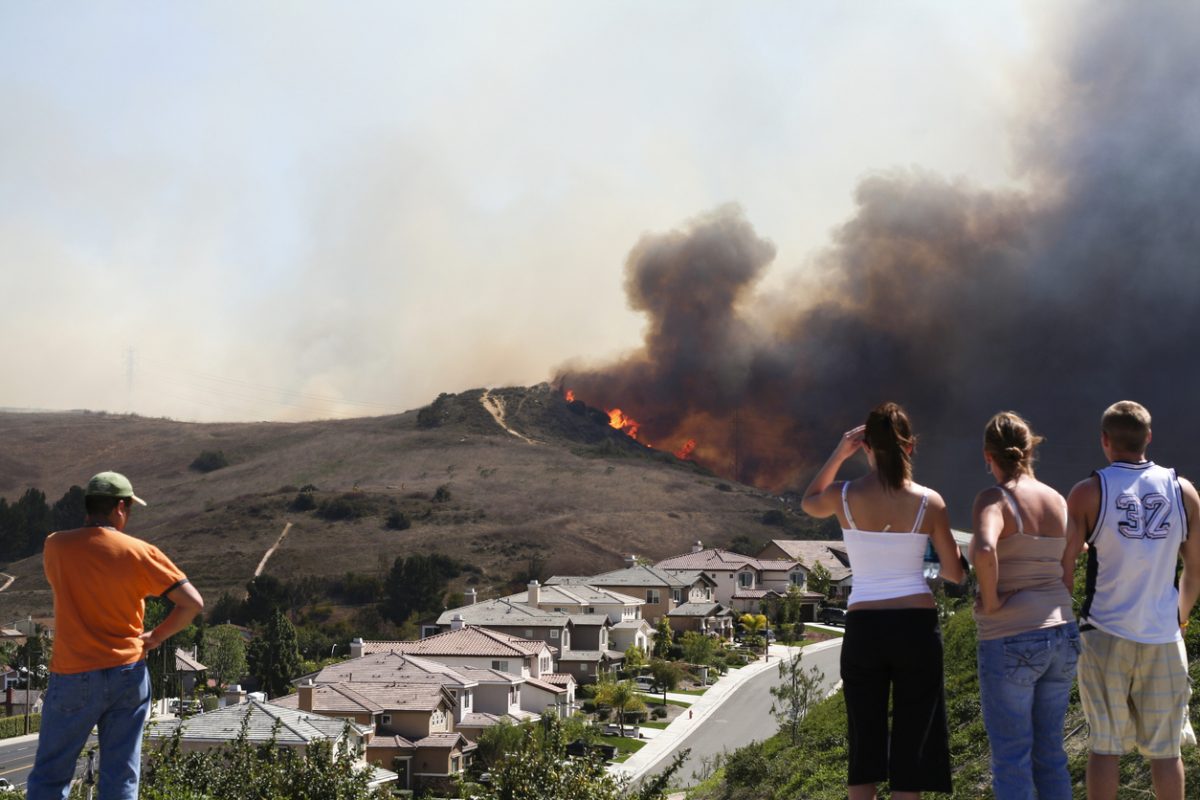Because this piece does not have an abstract, we have provided for your benefit the first 3 sentences of the full text.
On this sunny spring Monday morning, after one week of confinement and 10 days of hospital plan blanc due to the COVID-19 pandemic, Paris is abnormally quiet and silent; there are no traffic jams and few pedestrians. Air pollution is lower than ever, birds are singing, and flowers and leaves appear everywhere. Upon arriving by car at the Bicתtre hospital in the south region of Paris, there are surprisingly no parking difficulties since a large number of hospital staff are not on site but are teleworking.

March 23, 2020. Paris, France.
On this sunny spring Monday morning, after one week of confinement and 10 days of hospital plan blanc due to the COVID-19 pandemic, Paris is abnormally quiet and silent; there are no traffic jams and few pedestrians. Air pollution is lower than ever, birds are singing, and flowers and leaves appear everywhere. Upon arriving by car at the Bicêtre hospital in the south region of Paris, there are surprisingly no parking difficulties since a large number of hospital staff are not on site but are teleworking. The hospital cafeteria, stores, and restaurants outside the hospital are closed.
In our university general hospital (1,200 beds), much of the staff is confined at home and telework to prevent dissemination of the virus. All non-urgent surgery has been canceled. The surgery units have been changed into emergency units, intensive care units, and infectiology, pneumonology, and internal medicine units in which the number of beds dedicated to COVID-19+ patients have increased every day over the past week. The COVID-19+ bed capacity has quadrupled in one week, and the vast majority of beds are occupied. In a few days, the difference between COVID-19+ and COVID-19- units will disappear since all hospital units will have COVID-19+ patients. The wave is here. Unfortunately, the supplies are lacking: hydroalcoholic gel, nose-mouth masks, gloves, protective clothing, and artificial breathing devices. And the staff are afraid. Some are angry and argue for their right to withdraw or resign. Others argue mainly for their professional duty regarding patients. All fear becoming contaminated and/or contaminating their family and others. The majority of meetings, especially crisis meetings, have been changed to video or phone conferences.
In this context, as has been described during periods of war, there are few patients with mental disorders in the emergency department. But we are beginning to face the mental health consequences of confinement and stress related to fear of contamination and death, with acute episodes of mental disorders, such as psychotic episodes, addictive behaviors, mood episodes, and suicide attempts. We expect a significant inflow of patients in the coming days and weeks.
In the psychiatry department, through teamwork, my colleagues and I have quickly introduced changes in our professional practices to try to adapt to this situation. Although psychiatrists and psychologists were rather reluctant to embrace telepsychiatry before this crisis, the pandemic has required a shift of 90% of our outpatient activity and liaison psychiatry to telepsychiatry. The good news is that this quick shift is well accepted by patients, psychiatrists, and psychologists. To address the mental health issues of the medical and nonmedical hospital staff exposed to overwork, stress, difficult ethical decisions, and multiple deaths, along with confinement and the fear of contamination for themselves and their families, we have proposed a dedicated hotline for psychiatry teleconsultation, which has been positively received.
Some of the psychiatric inpatients chose to leave the hospital at the beginning of the crisis because of a fear of contamination or the prohibition of visits in order to limit the pandemic. We are currently trying to organize virtual visits with a dedicated staff.
We had the first COVID-19+ symptomatic patient in the department 5 days ago. After they were provided with medical information, the other patients in the unit did agree to wear nose-mouth masks. Another patient is contaminated but not symptomatic at this time.
Several medical and nonmedical staff members are COVID-19+. Thus, our staff meetings have been shifted to virtual meetings unless they involve fewer than 5 individuals. We communicate mainly with telephones, e-mails, and instant applications. We are alternately present in the department or teleworking, to prevent the contamination of a large number of staff members. The wearing of nose-mouth masks can create difficulties in distinguishing facial expressions, requiring supplemental efforts to communicate adequately. However, our team is professional, and the solidarity among its members is essential to cope with this unprecedented situation.
Extremely rapid changes in our professional practice have occurred in one week. With this crisis, we have realized that telepsychiatry and teleworking are possible in a psychiatry department and that they are well accepted by staff and patients. It seems that this necessary adaptation may permanently change our ways of working in psychiatry. Finally, my colleagues and I hope that our experience in psychiatry can help others cope with the consequences of the COVID-19 pandemic.
aPsychiatry Department, Mood Center, Bicêtre Hospital, GH Paris Saclay–Assistance Publique—Hôpitaux de Paris, Paris, France
bINSERM CESP MOODS team, Bicêtre Hospital, Paris-Saclay University, Le Kremlin-Bicêtre, France
*Corresponding author: Emmanuelle Corruble, MD, PhD, Hôpital Bicêtre, 78 rue du Général Leclerc, Le Kremlin-Bicêtre, 94270, France ([email protected]).
J Clin Psychiatry 2020;81(3):20com13361
To cite: Corruble E. A viewpoint from Paris on the COVID-19 pandemic: a necessary turn to telepsychiatry. J Clin Psychiatry. 2020;81(3):20com13361.
To share: 10.4088/JCP.20com13361
© Copyright 2020 Physicians Postgraduate Press, Inc.
Published online: March 31, 2020.
Potential conflicts of interest: None.
Funding/support: None.
This PDF is free for all visitors!




